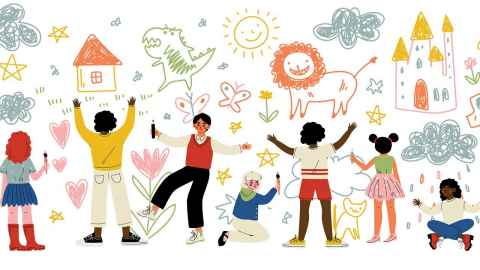
The centre researches how the arts have the potential to create a more socially just and equitable world by enhancing the quality of life for all citizens.
Pānui tonu | Read more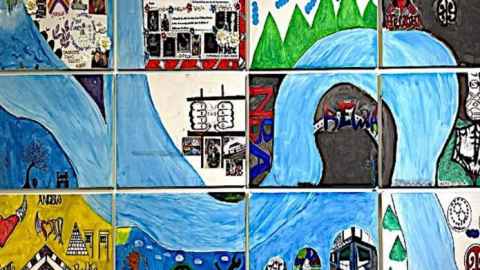
Working in collaboration with the social services sector, the centre strives to increase research and evaluation capacity through targeted support.
He mōhiohio anō | More info
CAPRS is comprised of a transdisciplinary group of scholars and practitioners committed to transforming research into impact.
Pānui tonu | Keep reading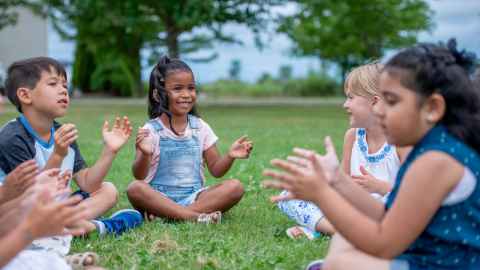
CAPRS is comprised of a transdisciplinary group of scholars and practitioners committed to transforming research into impact.
He whakamārama atu anō | Learn more
COMPASS is an experienced team undertaking quantitative social science research of international standing and with policy relevance.
Toroa ināianei | Visit now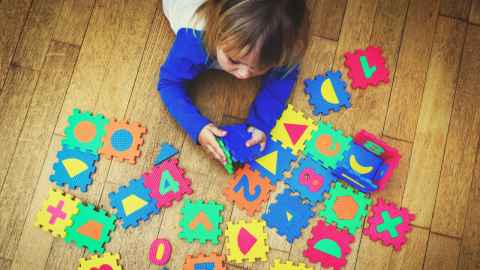
The Early Childhood Seminar Series was founded as an opportunity for researchers, academics, teachers and the wider community to engage with top New Zealand and international academics.
Kia kitea ināianei | View now
We are a multi-disciplinary research institute promoting research, scholarship and teaching on contemporary Europe and EU-related issues.
Homai he kōrero anō | Tell me more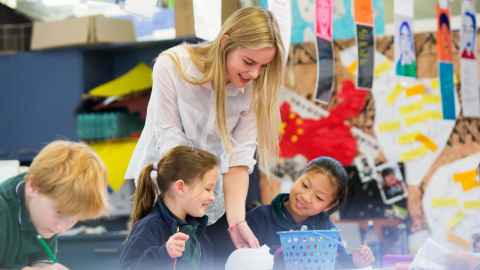
Knowledge in Education Research Unit (KERU) is an internationally recognised research centre for the study of knowledge in education.
He whakamārama atu anō | Learn more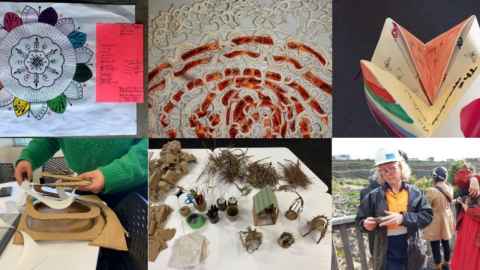
Stimulating interdisciplinary research employing a narrative and/or arts perspective on topics relating to education, social work, counselling, and therapy.
Hōparatia | Explore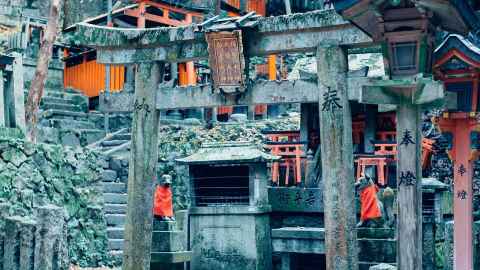
Professor Mark Mullins is Director of the Japan Studies Centre in this cross-University institute, which undertakes research focusing on engagement with Asia.
He mōhiohio anō | More info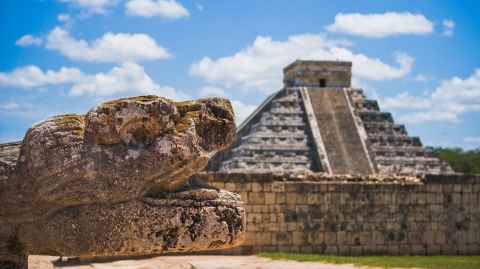
The New Zealand Centre for Latin American Studies (NZCLAS) is New Zealand's only interdisciplinary research centre with a focus on Latin America.
Kimihia te roanga atu | Find out more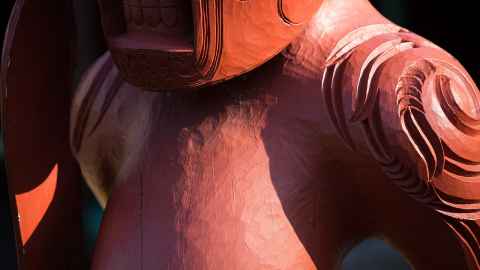
Ngā Pae o te Māramatanga is New Zealand's Māori Centre of Research Excellence, underpinned by its vision of Māori leading New Zealand into the future.
Tūhuratia | Discover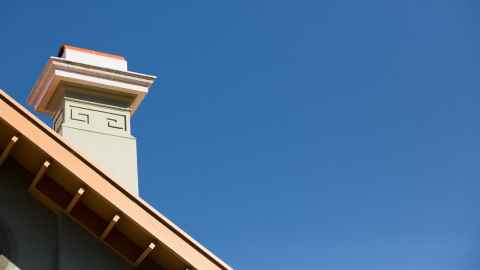
The PPI provides independent analysis and insight into key policy issues affecting New Zealand and the world.
Toroa ināianei | Visit now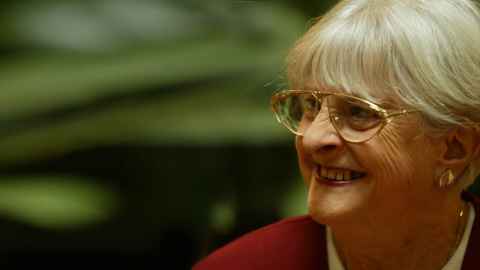
The research centre's key purpose is to promote leadership, equity, achievement and diversity in early years literacy.
Pānui tonu | Read more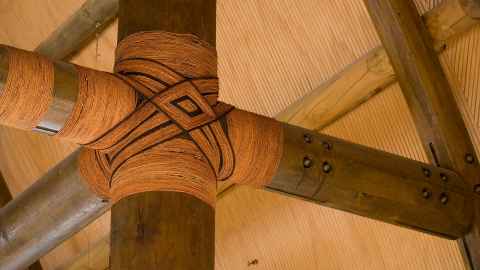
| The Centre for the Promotion of Successful Learning Communities is a research group for the development of educational success for diverse communities.
Tō mātou wawata | Our vision
Te Whakatere au Pāpori (Navigating Social Currents) was instigated to bring together researchers interested in how children and young people navigate and negotiate their social worlds.
Whakaaturia te roanga atu | See more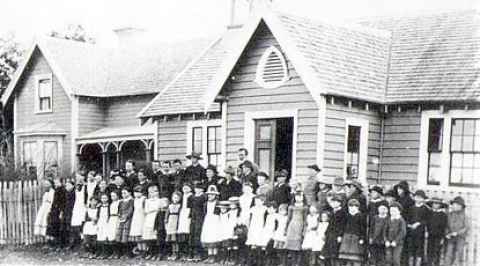
The centre supports research into the historical and contemporary links between Northern and Central Europe, and New Zealand and the Pacific.
Ki te hōpara | Explore now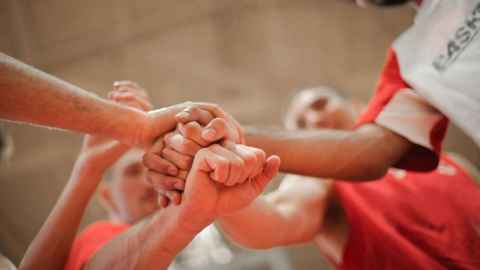
A vibrant hub that nurtures high-quality research in the field of critical studies in Health Education, Physical Education and Sports Studies.
He mōhiohio anō | More info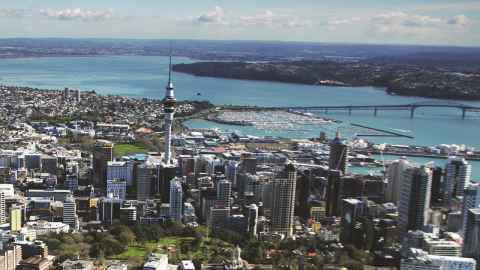
The AHI seeks to engage with the historical and cultural development of Tāmaki Makaurau Auckland and its importance to New Zealand life and beyond.
Toroa ināianei | Visit now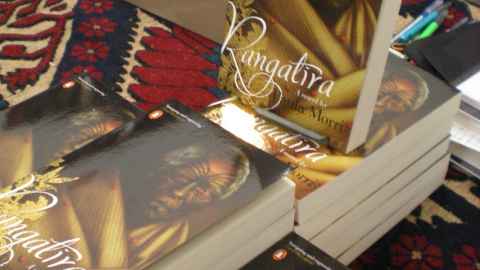
The ANZL is a writer-led initiative developed to help our active practitioners sustain themselves through a writer's life.
Toroa ināianei Visit now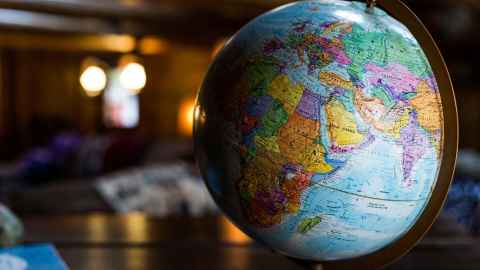
This project responds to Jacinda Ardern's calls for a politics of kindness by investigating what such politics really looks like.
Toroa ināianei | Visit now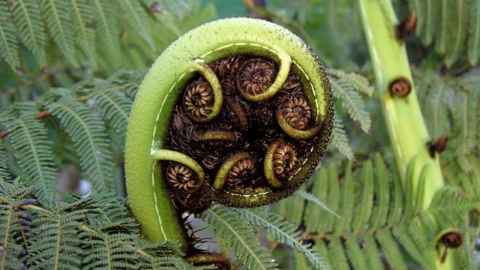
The University of Auckland Critical Theory Network is an interdisciplinary network of critical scholars from across the disciplines.
Kimihia te roanga atu | Find out more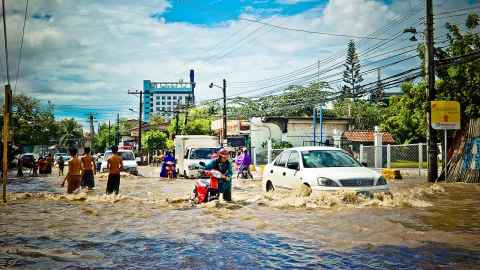
The Big Q connects audiences to informed dialogue about science, economics, arts and politics.
Pānui tonu | Keep reading